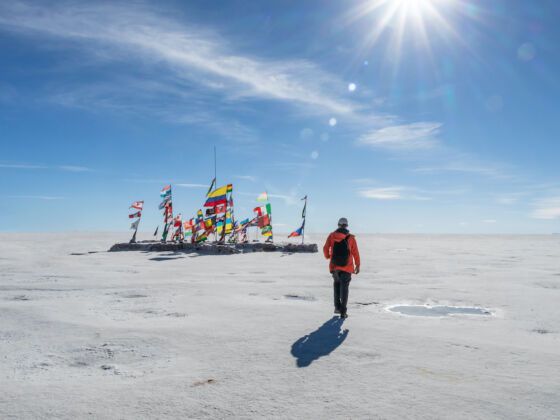It’s a tough day for travelers who like to explore outside of “acceptable” countries, as Iran charged the three American backpackers detained in July with espionage. Our thoughts and prayers continue to be with them.
So I was glad to come across something a bit positive happening in the world.
